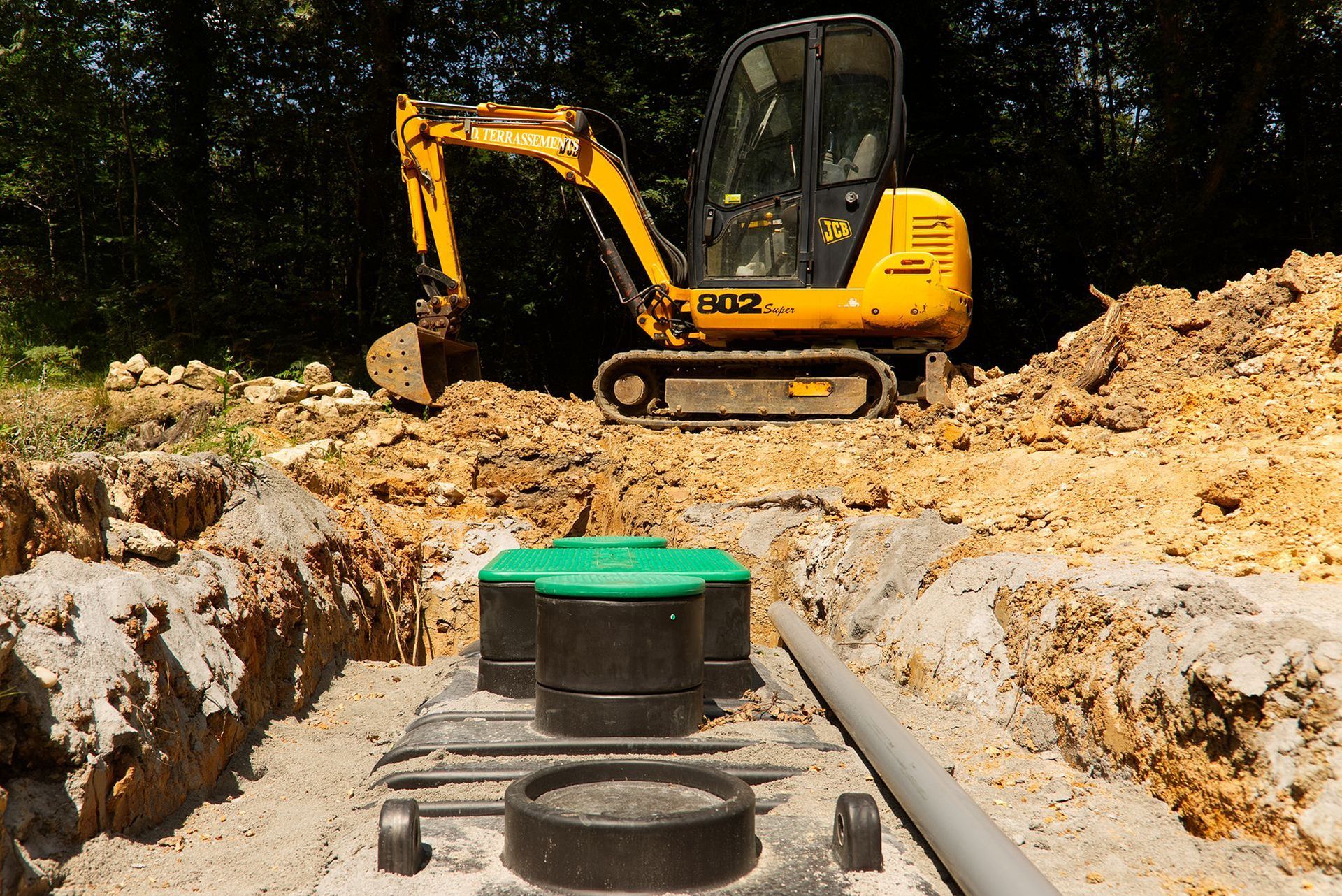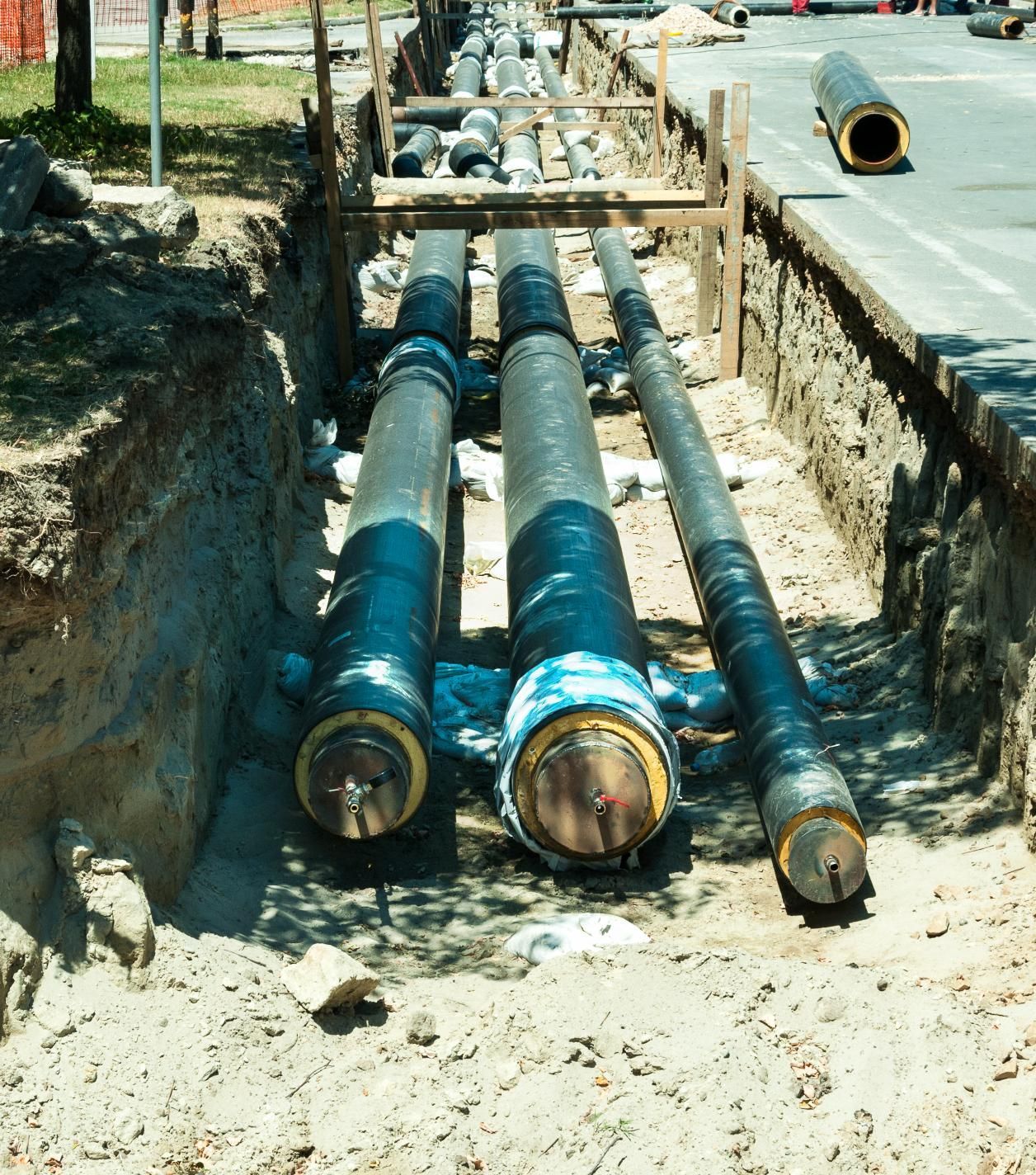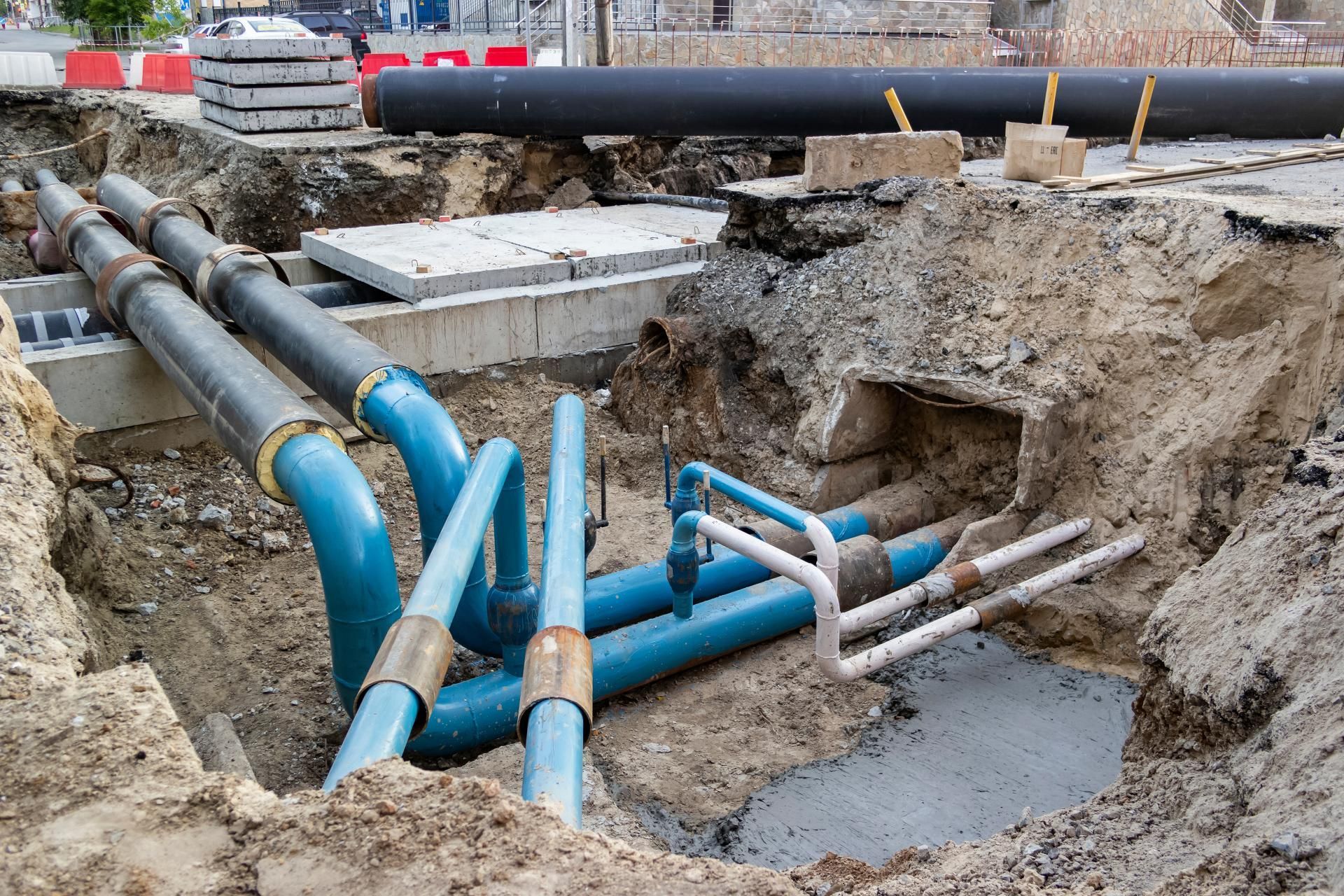Septic Tank Installation in Indianapolis IN
Trusted Septic Tank Installation in Indianapolis, IN
If you are considering a septic tank for your home, it is important to do your research and hire a reputable contractor.
While septic tanks can be a great asset, there are several challenges that clients should be aware of if they don't hire a trusted contractor.
A septic tank system is a significant investment, and if it is not installed correctly, it can lead to costly repairs down the line.
Additionally, an improperly installed septic tank can cause environmental damage, which can be detrimental to both your property value and your health.
Finally, an untrustworthy contractor may not stand behind their work, leaving you with subpar results.
D R Excavation Indianapolis
120 E Market St, Indianapolis, Indiana 46204
(463) 255-6971
Septic Installation in Indianapolis, IN
D R Excavation has a number of trusted septic tank contractors in the area. Our contractors have been servicing the septic needs of customers for many years and are experienced in all aspects of septic tank maintenance and repair.
Our contractor offers a wide range of septic tank services, from simple repairs to complete replacements.
D R Excavation is a family-owned and operated business, and we take pride in our customer service and quality workmanship.
If you are in need of a septic tank contractor, be sure to give D R Excavation a call. You won't be disappointed.
What We Offer
Homeowners and business owners who are planning to install a septic tank on their property face a number of important choices. One of the most critical decisions is choosing the right type of septic tank for their needs. There are various types of septic tanks and the best type of septic tank for a particular property depends on a variety of factors, including climate, soil type, and budget. The following is a brief overview of some of the most common types of septic tanks that we install:
Our Process
Septic tank installation is a complex process that should only be carried out by experienced professionals. Our contractors are efficient and experienced and will make sure that your septic tank is installed correctly the first time. The following is a brief overview of our septic tank installation process:
Who We Are
Not hiring a qualified septic tank contractor may end up with a subpar septic tank. This can lead to serious problems down the line, including costly repairs or even complete replacement. You may be putting your home or business at risk.
Faulty septic tanks can leak harmful contaminants into the groundwater, jeopardizing the safety of your drinking water. And you could be opening yourself up to legal trouble. In short, there are plenty of reasons to make sure you hire a qualified septic tank contractor.
Our septic tank contractors take pride in our work. Our company is passionate about what we do and we care about our customers. We believe in doing things the right way, and we strive to provide the best possible service to our customers.
Our contractors are always learning and expanding our services to better meet the needs of our customers. Our company is committed to providing quality service, and we stand behind our work.
Licensed & Insured
One of the challenges of not hiring a trusted, licensed, and insured septic tank contractor is that you risk having your septic tank fail. This can lead to costly repairs as well as a messy cleanup. If your septic tank is not properly installed or maintained, it can pose a health hazard to you and your family.
Our septic tank contractors are focused on providing our clients with the information they need to make the best choices for their homes and businesses. We are licensed and insured and have many years of experience in the industry. We also focus on safety, and our employees are trained to handle all types of septic tanks. We offer a variety of services, including installation, repair, and maintenance, and we provide a free estimate for all of our services.
Contact us today to learn more about our services, or to schedule a free consultation.
FAQ's About Septic Installation
"We highly recommend their services to anyone looking for top-notch excavation work. Thank you, D R Excavation!"
- Susan Sherman
“Grateful to D R Excavation for the great job they did on our project. They were professional, and did a great job cleaning up afterwards. We couldn't have asked for more!"
- Ed Schultz
“They did an amazing job and we couldn't have done it without them."
- Gary @ Custom Dream Homes
Why Should You Work With Us?
20+
Years of Experience
300+
Successful Excavation Projects
35+
Trained Professionals - and Growing!
Contact Us Today For A Free Quote
Our company has years of experience in excavating all sorts of land, from small residential properties to large commercial ones. We have the equipment and manpower to get the job done quickly and efficiently. Contact us today to get started on your project!



